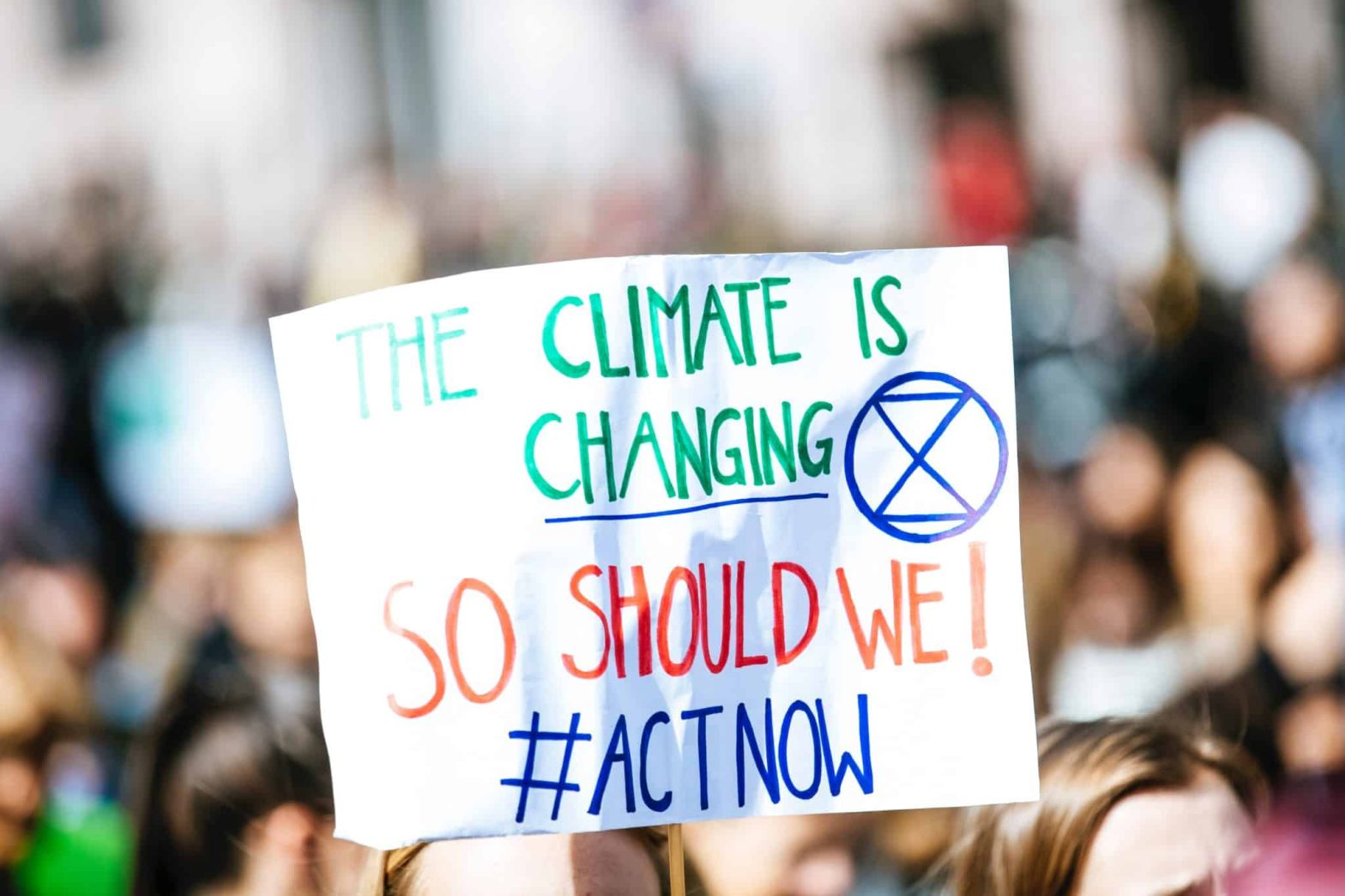Climate emergency is here. There’s no doubt about that.
We are not here for me to tell everyone what climate emergency means or what it causes to everyone’s daily life in the coming years. We are here because I realised something uncomfortable.
WordPress community does not talk about climate emergency at all enough. *
Yes yes yes, I know. The WordPress community is not about politics and we are usually really good at avoiding topics that aren’t related to the project and do provoke strong opinions.
But let’s be real – climate emergency is not politics. It is reality. A global crisis that is already affecting everyone’s life; me, you, our fellow community members around the world and their families. It will affect all of our lives even more in the near future. It is something everyone should be talking, thinking and concerned about.
Someone might ask what WordPress, an open-source project, has anything to do with climate emergency and why we should bother talking about it in our project? Simply put, because it is everyone’s responsibility to take actions where they can to help reduce the inevitable impacts. And our community, given its size and WordPress market share, can have a huge impact on things.
To my knowledge, no one has ever done any studies on the ecological impact of the WordPress project or even an individual WordCamp. We probably should.
Because such a study hasn’t been made, I don’t have any answers to what we, WordPress open-source project, should do to help the situation. Instead, I have a short list of things to consider. Something to start the conversation from.
- WordCamps could start serving vegetarian or even vegan food by default choice, making one meat containing dish as opt-in dietary.
- WordPress.org could switch to hosting that uses renewable energy sources.
- All WordPress events could stop, and also force a ban for sponsors, to not distribute any (mostly useless) soon-to-be-new trash as swag. Or stop the entire absurd swag game altogether.
- Reflect, whether long-distance travelling to WordPress events is really necessary and could we downscale a little bit back to where WordCamps started: small, local community fostered events instead of having speakers flying to give one talk and socialize a day or two.
- We could stress more the importance of building optimized websites, as those tend to have smaller carbon footprints.
From my personal perspective, few things on that list are no-brainers and should be brought into use immediately. Few things are more bold throws deliberately, to get you thinking – but also might be forced realities at some point.
What do you think? Let’s continue the discussion on Twitter!
* EDIT 2021-07-17 09:00 & 11:43 UTC
Few community members have pointed out, that we do some talk and even act.
- Simon Kraft told that they organised the WordCamp Stuttgart keeping environmental impact as a low as possible
- The Website Carbon Calculator is actually made by Wholegrain Digital, who are a WordPress agency with a sustainability-focus
- Danny van Kooten, a WordPress plugin author, has written about CO2 emissions of the web
- WP Café asked Matt and Josepha about sustainability in their episode #13
- Tammie Lister shared that WordCamp Brighton has had significant efforts on the meal front.
Thank you Ross Wintle, Simon and Tammie for pointing these out to me!
Cover photo by Markus Spiske on Unsplash
